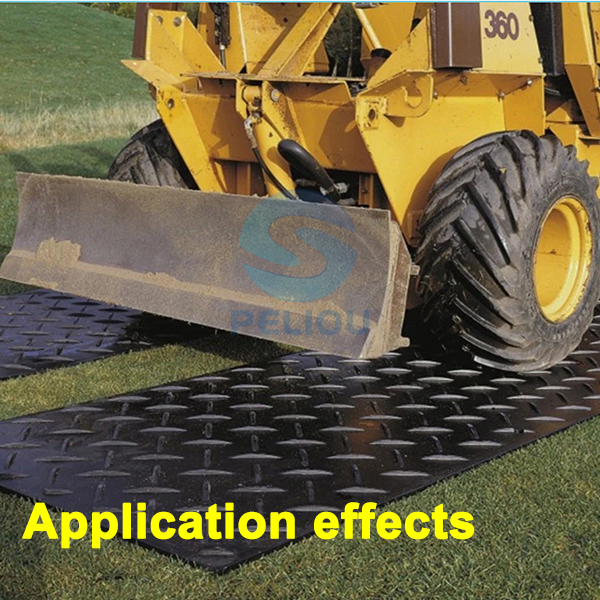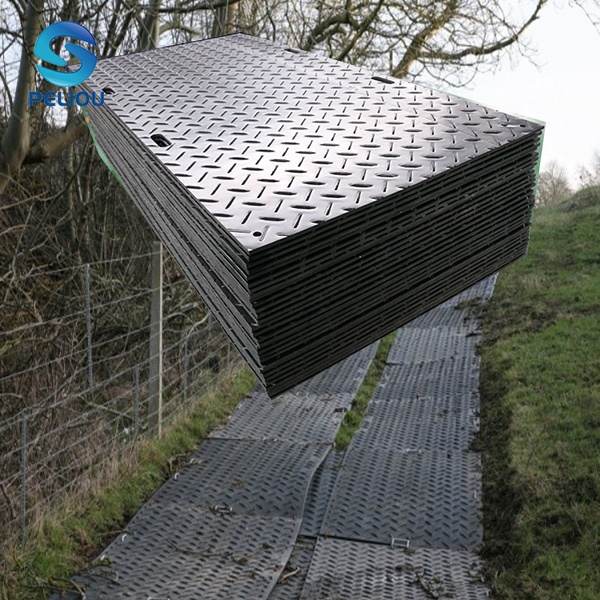When operating heavy machinery, whether on construction sites, oil and gas fields, or event venues, protecting the ground from damage and ensuring stable working conditions is crucial. This is where ground protection mats for heavy equipment come into play. These mats are not just simple barriers; they are essential tools that offer multiple benefits in various industrial and outdoor settings.

One of the primary reasons to use ground protection mats for heavy equipment is to prevent ground damage. Heavy machinery such as cranes, excavators, and bulldozers exert immense pressure on the ground, which can lead to soil erosion, grass damage, and even structural instability. Ground protection mats distribute the weight of the equipment evenly, minimizing surface damage and preserving the integrity of the terrain.
In addition to protecting the ground, these mats also enhance safety. Uneven or soft ground can lead to equipment instability, increasing the risk of accidents. By providing a firm and level surface, ground protection mats for heavy equipment help maintain operational safety and reduce the likelihood of costly incidents.

Another important benefit is their role in reducing project downtime. Without proper ground protection, machinery can get stuck or cause delays due to ground repairs. Using high-quality ground protection mats for heavy equipment ensures that operations run smoothly and efficiently, saving both time and money.
Finally, ground protection mats for heavy equipment are versatile and durable. Made from HDPE or UHMWPE, they can withstand extreme weather conditions and repeated use. Whether you're working on a muddy field, a paved road, or a landscaped area, these mats offer reliable performance across diverse environments.
In conclusion, if you're involved in any operation that requires the use of heavy equipment, investing in ground protection mats for heavy equipment is a smart and necessary decision. They protect the ground, enhance safety, improve efficiency, and support environmental sustainability — making them an indispensable part of modern industrial and construction work.